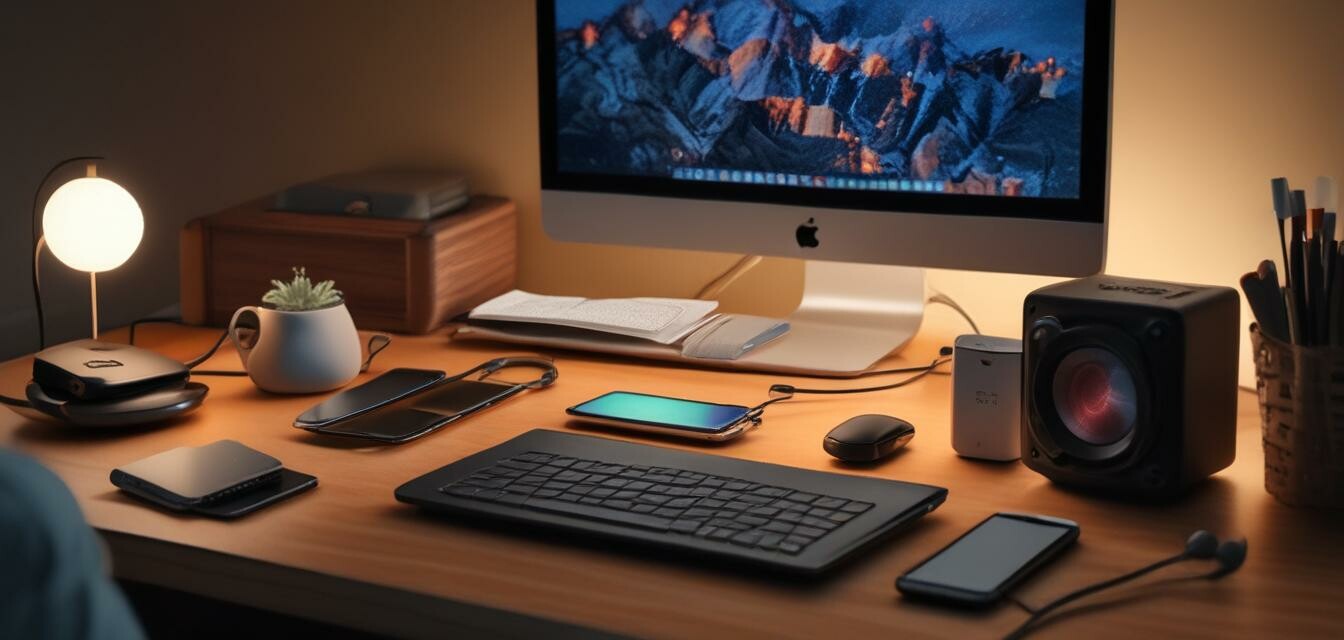
How to Utilize a Portable Power Station in Emergencies
- Portable power stations provide reliable electricity during emergencies.
- Know which devices you need to power and their wattage requirements.
- Always maintain and charge your portable power station.
- Consider using solar panels for recharging off-grid.
- Follow safety precautions to ensure safe usage.
Emergencies can strike at any moment, leaving us in the dark—both literally and figuratively. Having a reliable power source can be a game-changer in critical situations. A portable power station is an essential device that provides electricity for your essential devices when the traditional power grid fails. In this guide, we'll explore how to effectively use a portable power station during emergencies, ensuring uninterrupted power for your needs.
Understanding Portable Power Stations
Before diving into how to use a portable power station in emergencies, let’s briefly understand what they are and their key advantages:
- Portability: Lightweight and easy to carry, ideal for both indoor and outdoor use.
- Versatile Outputs: Multiple ports allow for charging various devices such as laptops, smartphones, and medical equipment.
- Eco-Friendly: Operates silently, producing no emissions, making it suitable for indoor use.
- Multiple Charging Options: Can be recharged via wall outlets, car chargers, or solar panels.
- Advanced Battery Technology: Equipped with high-capacity lithium-ion batteries for optimal performance.
Preparing Your Portable Power Station
To ensure you are ready for any emergency, follow these essential steps to prepare your portable power station:
1. Choose the Right Model
Select a portable power station with enough capacity to meet your needs. Check the following:
| Capacity (Wh) | Use Case | Devices Powered |
|---|---|---|
| 300-500 Wh | Short outages or camping | Smartphones, tablets, small lights |
| 500-1000 Wh | Extended outages | Laptops, mini-fridges, CPAP machines |
| 1000+ Wh | Severe emergencies | Multiple devices, power tools |
2. Keep it Charged
Always maintain your portable power station and ensure it is fully charged before an emergency strikes. Regularly check the battery status and recharge as necessary.
3. Know Your Devices’ Power Needs
Identify the essential devices you will need during an emergency and their power consumption. Use the knowledge of wattage to calculate which devices can be powered simultaneously:
| Device | Wattage (W) |
|---|---|
| Smartphone | 20 W |
| Laptop | 50-100 W |
| Mini fridge | 50-100 W |
| LED Light | 10 W |
For more about calculating the power consumption, check our Buying Guides.
Using Your Portable Power Station in Emergencies
When the need arises, here's how to safely and effectively utilize your portable power station:
1. Setting Up Your Portable Power Station
Find a dry, well-ventilated area to set up your power station. Connect it to your devices using appropriate charging cables and ensure they are securely plugged in.
2. Prioritize Essential Devices
Connect only the most critical devices first, such as:
- Cellphones for communication
- Laptops for information
- Medical equipment if applicable
3. Monitor Battery Levels
Keep an eye on the remaining battery level. If possible, slow down or pause non-essential devices to conserve power.
4. Recharging Options
When recharging your power station, consider various methods:
- Wall Outlet: Fastest charging option when available.
- Car Charger: Useful when away from home.
- Solar Panels: Eco-friendly, perfect for extended outages if sunlight is available.
To maximize solar charging for your portable power station, refer to our How-To Guides.
Safety Precautions
Ensuring safety while using your portable power station is crucial. Follow these key safety measures:
Safety Tips
- Always use the correct charging cords and devices.
- Do not overload your power station.
- Keep the unit away from water and extreme heat.
- Allow for ventilation during operation.
Maintaining Your Portable Power Station
Regular maintenance ensures your power station remains functional when needed:
- Check battery health periodically.
- Store it in a cool, dry place when not in use.
- Clean the unit to prevent dust accumulation.
Final Thoughts
Portable power stations offer invaluable support during emergencies, ensuring you can power essential devices and stay connected. By understanding how to prepare, use, and maintain these devices, you can enhance your readiness for any circumstance. Empower yourself with the knowledge of how to use portable power stations effectively and never find yourself in the dark!
Pros
- Convenient power source in emergencies.
- Multiple charging options available.
- Environmentally friendly with solar charging potential.
- Quiet operation compared to gas generators.
Cons
- Limited power capacity depending on model.
- Initial cost can be high.
- Requires periodic maintenance and charging.
- Always keep your portable power station charged and ready.
- Know the power needs of your essential devices.
- Use safe practices to maximize efficiency during emergencies.

